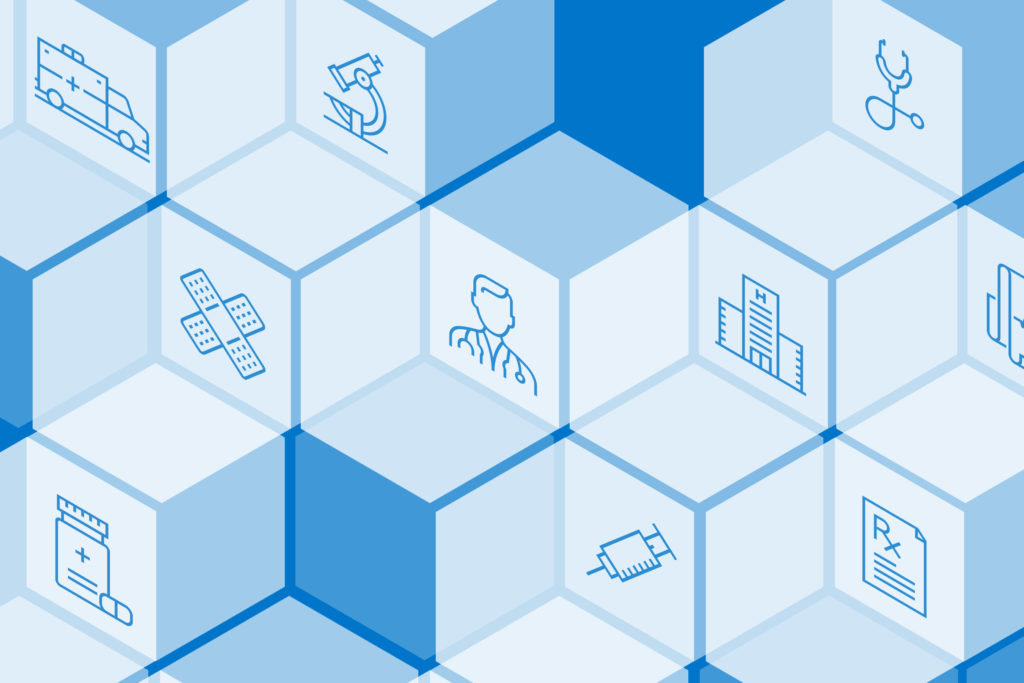Editorial pages delve into teenage mental health, abortion access, hospice care and medical terminology.
San Diego Union-Tribune:
We Must Act Now To Prevent More Students From Becoming Depressed
I do not pretend to know if America’s turtle’s pace at reopening schools with in-person learning is causing an increase in student suicides and tragic deaths, but it is a question that demands an answer. When a parent of one of my former middle school students told me there have been six teenagers die in a 5-mile radius in Carlsbad since June, the issue demanded I pay attention. Losing a child, especially a teen to suicide, is a heartbreak club no one wants to join. Thirty-four years ago on a May sky-blue day, I paid my membership dues to this club when my 18-year-old baby brother, Bart, committed suicide on his birthday. The beginning of the end for my 7-year younger brother was his out-of-control drug use after being diagnosed with manic depression. (Suzy Ryan, 5/12)
The New York Times:
The Anti-Abortion Movement Can’t Use This Myth Anymore
Last month, the Food and Drug Administration announced that people seeking abortion pills during the Covid-19 pandemic will no longer have to visit a doctor’s office to get a prescription. Under the Trump administration, patients were required to receive the first of the medication’s two doses in person, a mandate upheld by the Supreme Court in January. The new policy instead allows for telemedicine consultations and pills sent by mail. The decision is a practical one for the Covid era: It reduces unnecessary face time in doctor’s offices, which cuts down the potential for exposure. It could also be a huge blow to the anti-abortion movement. Groups like the American College of Obstetricians and Gynecologists have been pushing the Biden administration to make the F.D.A.’s decision permanent. Last week, in a legal filing, the agency announced it was reviewing their restrictions on the medication. (Jessica Valenti, 5/13)
San Diego Union-Tribune:
I’m A Hospice Nurse. Working Through The Pandemic Was Difficult But Rewarding
Of the countless difficult scenarios I encountered as a hospice admissions nurse during the COVID-19 pandemic, one in particular stands out. I was asked to travel to a health-care facility to evaluate a patient for our program. When I arrived, it was clear to me he had just hours left to live. He had been sick for some time; however, due to pandemic-related visitation restrictions for health-care facilities, he and his spouse of over 30 years had not seen each other in more than a month. My team and I worked to expedite the start of hospice care, which allowed for visitation rights. His spouse remained by his side until his passing. (Jean Menjivar, 5/12)
Stat:
Let’s Banish The Term ‘Patient’ From The Health Care Lexicon
Almost every industry has changed the term for the people they serve. We are now passengers, guests, members, customers, and more. The big exception? Health care. To those in the field, whether it’s clinicians or researchers or pharmaceutical marketers, we are all “patients” — even when we feel fine and aren’t in a hospital or doctor’s office. It’s time to stop categorizing people this way, which puts them in submissive and dehumanizing roles. (Summer Knight, 5/13)
This is part of the KHN Morning Briefing, a summary of health policy coverage from major news organizations. Sign up for an email subscription.
